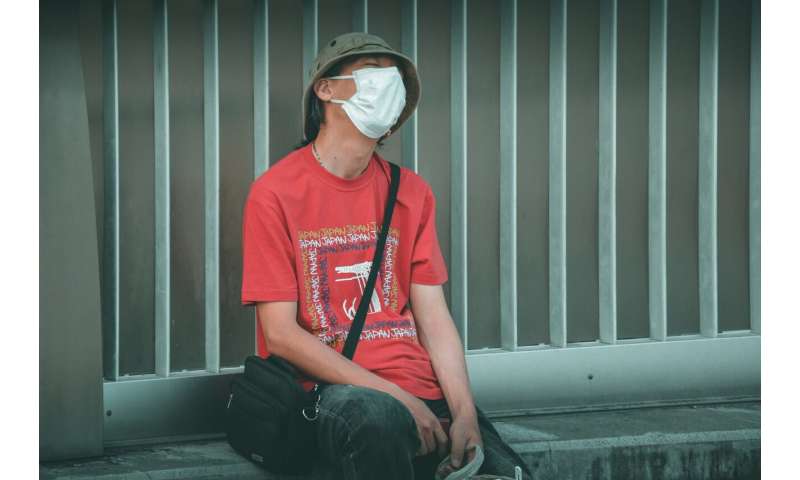
Extended periods of quarantine result in depression and fear of the coronavirus has a negative psychological effect on people, according to a recent University of Idaho study.
Clarissa Richardson, an assistant professor of psychology at U of I’s Department of Psychology and Communication Studies, said a series of surveys conducted on a pool of 300 participants nationwide to determine the psychological effects of the coronavirus pandemic showed that people who reported high levels of quarantine also reported higher levels of depression and, in some cases, PTSD symptoms.
In addition, surveys showed that political affiliations can predict whether people adopt precautionary measures to prevent spreading coronavirus.
“Fear surrounding COVID-19 largely predicted negative psychological health and was significantly correlated with PTSD symptoms, depression, anxiety and stress,” Richardson said. “Yet, those with higher fear also were more likely to engage in precautionary behaviors than those with lower fear.”
The surveys, conducted as part of an IDeA Network of Biomedical Research Excellence (INBRE) undergraduate student fellowship awarded to U of I student Dawn Amos, from Coeur d’Alene, included an inquiry of mask-wearing habits. It also explored perceptions of the effectiveness of masks to prevent the spread of coronavirus.
Questions explored whether respondents experienced high levels of stress, anxiety, depression and loneliness, and if they felt they were receiving the social support they needed.
Surveys also examined political leanings and the news programs respondents preferred.
“Political affiliation predicted engagement in precautionary behaviors, with Democrats significantly more likely to quarantine, physically distance, wear a mask and believe in the effectiveness of masks than other party affiliates,” Richardson said.
Source: Read Full Article
